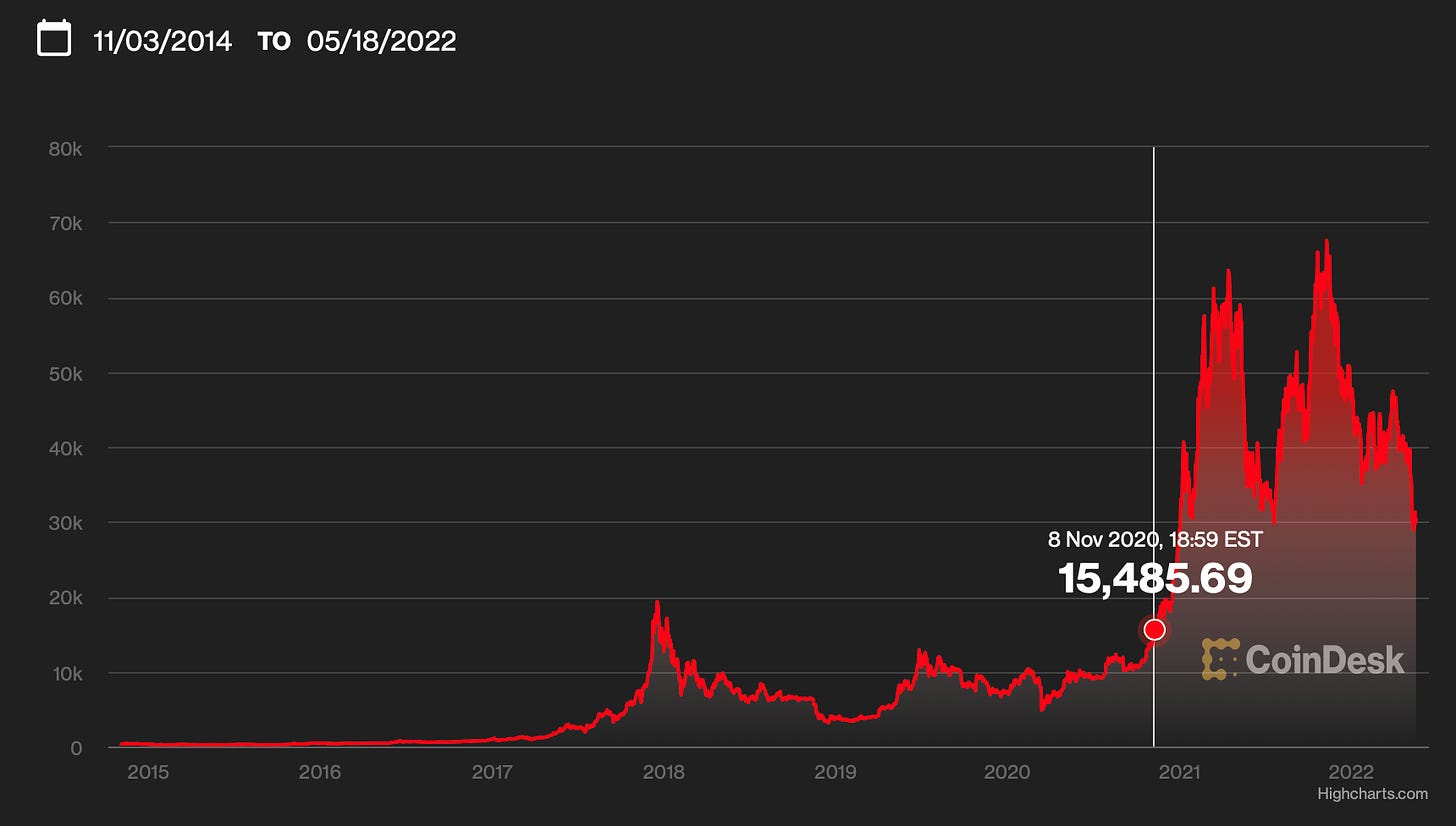
Writing is hard and time consuming. Thanks to ChatGPT, it just became far easier and faster. Rudimentary chat bots have been writing simple articles, such as sports game summaries, for years. ChatGPT, from artificial intelligence supernova OpenAI, leaps far beyond through its vast search of billions of internet texts and its ability to generate passable prose based on prompts and questions. It can even simulate software code. But it’s a Large Language Model, or LLM, so it is still not great at math, or lots of other things. It makes funny mistakes.
So what. It’s powerful enough to begin transforming dozens of tasks and businesses. And it doesn’t need to be perfect or even human-like to be the source of unimaginable mischief, too. Read more . . .




